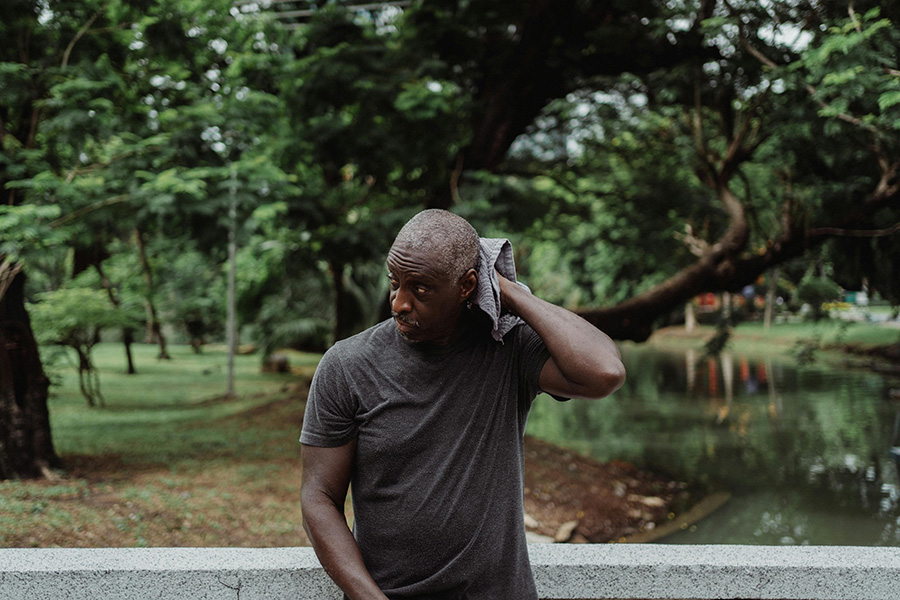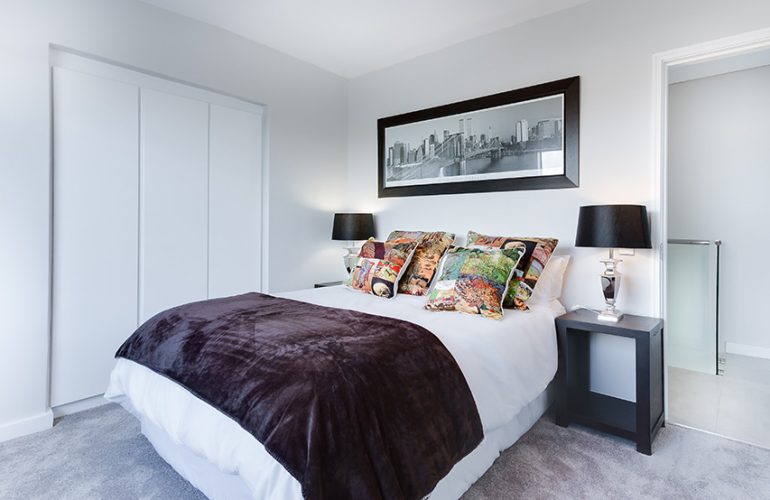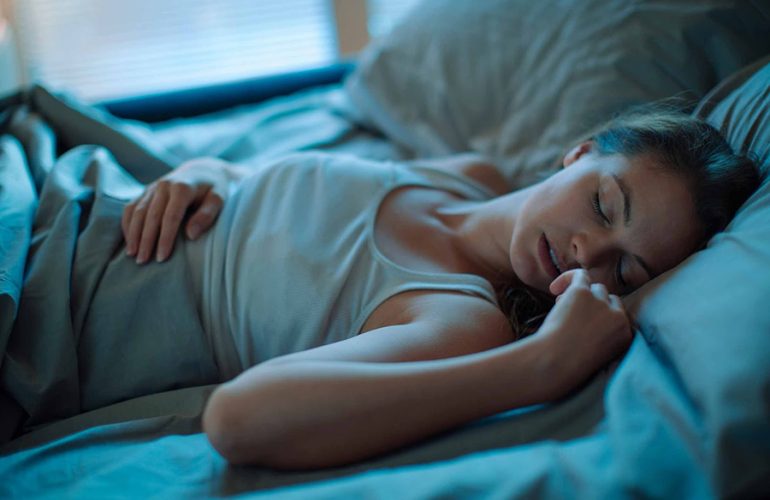Sleep is essential for our overall health and well-being, yet during the hot summer months, many of us struggle to get a good night’s rest. The combination of high temperatures and humidity can make it challenging to fall asleep and stay asleep comfortably. We are here to provide you with practical tips and strategies to optimize your sleep during the summer heat.
Understanding the Impact of Heat on Sleep
Before diving into solutions, it’s important to understand how heat affects our sleep. Our body temperature naturally decreases as we prepare for sleep, reaching its lowest point in the early hours of the morning. However, if our sleep environment is too warm, it can interfere with this process, making it harder to fall asleep and reducing the overall quality of our rest.
High temperatures can also lead to increased sweating and discomfort, which further disrupts sleep and can leave us feeling fatigued and irritable the next day. Additionally, heat can exacerbate existing sleep disorders such as insomnia or sleep apnea, making it crucial to manage our sleep environment effectively.
Tips for Sleeping Cool and Comfortably
- Choose Breathable Bedding: Opt for lightweight, breathable bedding materials such as cotton or linen. These fabrics allow for better airflow and can help wick away moisture, keeping you cooler throughout the night.
- Use Cooling Mattress Toppers or Pads: Consider investing in a mattress topper or pad specifically designed to regulate temperature. Gel-infused or memory foam toppers can provide additional cooling comfort.
- Select the Right Pillow: Choose pillows that are designed to stay cool, such as those made with cooling gel or ventilated materials. Memory foam pillows can retain heat, so look for options with cooling properties.
- Keep Your Bedroom Cool: Use fans or air conditioning to lower the temperature in your bedroom before bedtime. Aim for a comfortable room temperature around 65-70°F (18-21°C) to promote better sleep.
- Block Out Heat During the Day: Keep curtains or blinds closed during the hottest part of the day to prevent your bedroom from heating up. Consider using blackout curtains to block out sunlight and reduce heat gain.
- Create Airflow: Position fans strategically to create a cross-breeze in your bedroom. Place a fan near an open window or doorway to circulate cooler air throughout the room.
- Cool Down Before Bed: Take a cool shower or bath before bedtime to lower your body temperature. This can help you relax and signal to your body that it’s time to wind down for sleep.
- Limit Heat Sources: Turn off unnecessary lights and electronics that generate heat. Consider using energy-efficient light bulbs that produce less heat and unplugging devices when not in use.
- Hydrate Wisely: Stay hydrated throughout the day, but be mindful of consuming excessive fluids right before bed to avoid disruptions from bathroom trips. Opt for cool water rather than sugary or caffeinated beverages.
- Adjust Your Sleepwear: Wear lightweight, loose-fitting pajamas made from natural fibers like cotton or bamboo. Avoid synthetic materials that trap heat and moisture against your skin.
Additional Tips for a Cool Sleep Environment
– Use a Chilled Water Bottle: Fill a hot water bottle with cold water and place it in your bed to keep your feet cool. Alternatively, freeze the bottle before use for longer-lasting coolness.
– Invest in Cooling Technology: Explore cooling bed systems or mattress pads that actively regulate temperature throughout the night. Some mattresses now come with built-in cooling technology to help you sleep cooler.
– Experiment with Sleep Position: Different sleep positions can affect how much heat your body retains. Sleeping on your side or back may help dissipate heat more effectively compared to sleeping on your stomach.
Lifestyle Adjustments for Better Sleep
In addition to optimizing your sleep environment, consider making lifestyle adjustments to support better sleep during the summer months:
– Maintain a Consistent Sleep Schedule: Stick to a regular bedtime and wake-up time, even on weekends. This helps regulate your body’s internal clock and promotes better sleep quality.
– Stay Active: Engage in regular physical activity earlier in the day to promote better sleep at night. Avoid vigorous exercise close to bedtime, as it can elevate your body temperature and make it harder to fall asleep.
– Manage Stress: Practice relaxation techniques such as deep breathing, meditation, or yoga to reduce stress levels before bedtime. High stress can contribute to difficulty falling asleep and staying asleep.
– Limit Alcohol and Caffeine: Both alcohol and caffeine can disrupt sleep patterns and interfere with your body’s ability to regulate temperature. Limit consumption in the hours leading up to bedtime.
– Monitor Your Bedroom Environment: Use a thermometer to monitor the temperature in your bedroom and adjust accordingly. Aim for a comfortable sleeping environment that promotes restful sleep.
Sleeping well during the hot summer months is achievable with the right strategies and adjustments to your sleep environment and lifestyle. By prioritizing coolness, airflow, and comfort, you can create an optimal sleep environment that promotes restful sleep and overall well-being. Experiment with these tips to find what works best for you and enjoy a refreshing night’s sleep despite the summer heat. If sleep difficulties persist, consider consulting with a sleep specialist for personalized guidance and support.
Sleep better this Summer, please call Sweet Sleep Studio at (913) 309-5963. We look forward to helping you sleep better.




